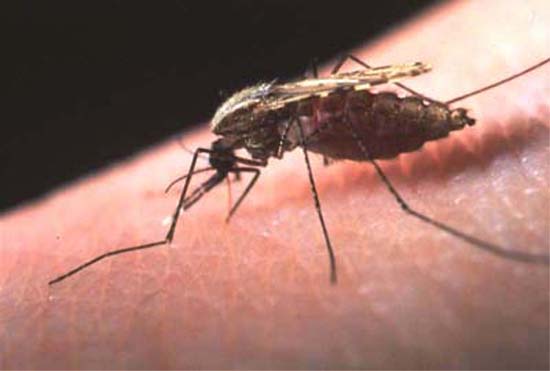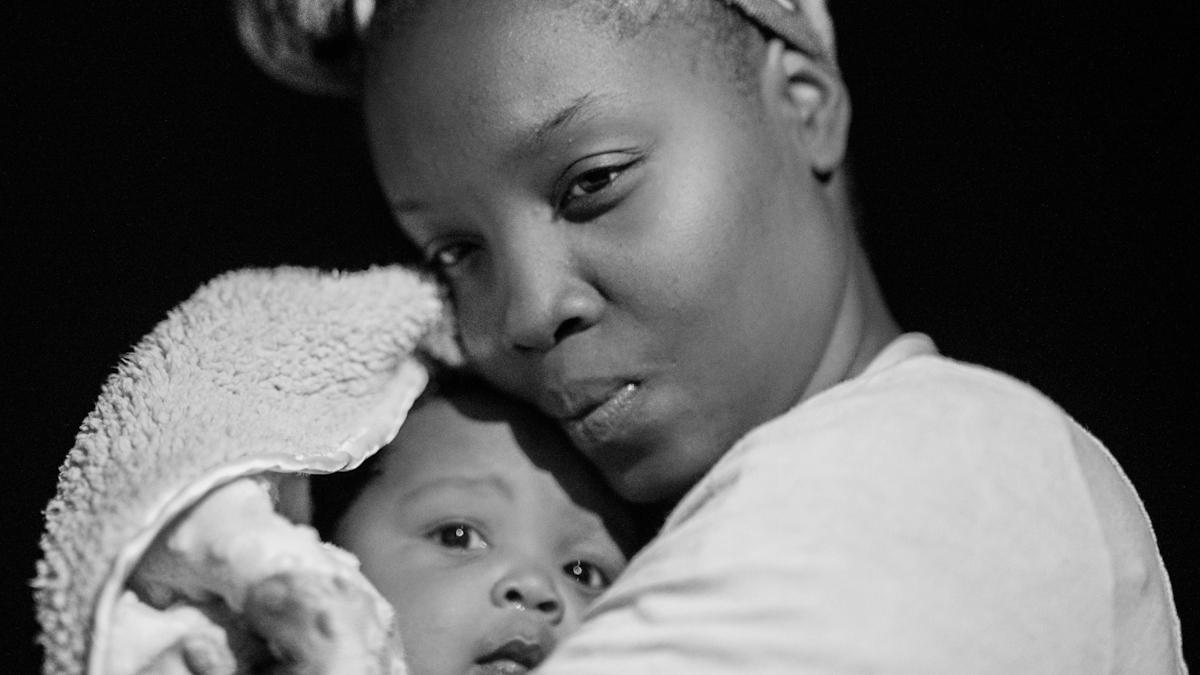Novartis drug raises hope of tackling malaria drug resistance

More than two decades ago , Novartis made a big contribution to the fight against malaria when it won approval for Coartem, the first artemisinin-based combination therapy (ACT), which has transformed care for people with the parasitic infection.
Now – over a billion doses of Coartem (artemether-lumefantrine) later – the drugmaker thinks it may have developed a new drug that could provide a new option for the disease, which killed more than 400,000 people in 2019, according to the World Health Organization (WHO).
Working with the Medicines for Malaria Venture (MMV), Novartis has developed a novel agent called ganaplacide (KAF156) that offers an entirely new mechanism of action, and combined with an improved formulation of lumefantrine that can be delivered less frequently.
The once-daily, oral combination has been tested in a phase 2b trial involving 500 patients with acute uncomplicated malaria due to Plasmodium falciparum infection – in other words patients who are infected but have no symptoms of severe malaria like fever, chills and pain.
An interim look at the data in children under 12 has shown that ganaplacide/lumefantrine is as effective as Coartem, clearing parasites from the body as quickly, with manageable side effects. That age group is at much greater risk of developing severe malaria and death.
Coartem has been the mainstay of frontline malaria therapy since it was introduced in 1999 and is provided by Novartis on a no-profit basis.
It proved to be particularly important as resistance to other antimalarial drugs such as sulfadoxine-pyrimethamine, mefloquine, halofantrine, and quinine emerged, but in the last few years cases of artemisinin resistance have also been observed, particularly in southeast Asia.
That has presented a "clear and present danger" that strains of P falciparum and other malaria parasites may emerge that are resistant to all current drugs.
"These results are definitely good news, but much more work remains," said Sujata Vaidyanathan, head of Novartis' global development unit.
"In a world where a child dies of malaria every two minutes, we must continue to accelerate the progress in the development of new tools to save lives," she added.
The company is also testing a new artemether-lumefantrine formulation for infants weighing less than five kilograms in collaboration with the PAMAfrica, research consortium led by MMV.
This is one of the most vulnerable groups affected by malaria, for whom there is currently no approved treatment.
Also in its pipeline are two other antimalarials, cipargamin (KAE609) and INE983, which are in early clinical development. Novartis launched a five-year R&D drive in 2018 to develop a new generation of antimalarial drugs, funded to the tune of $100 million.












